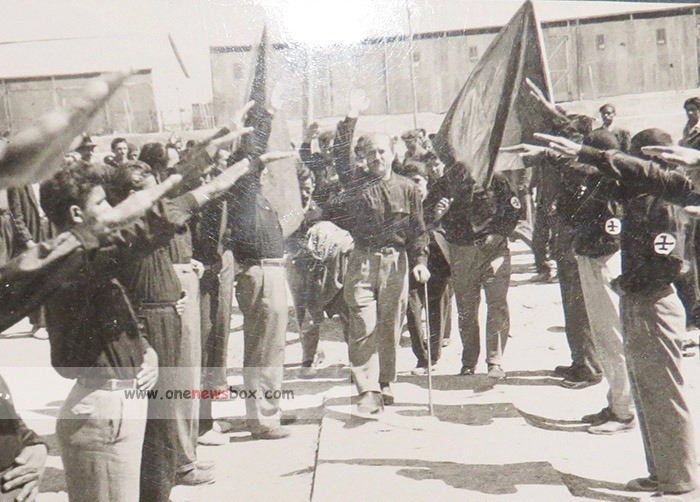Today, SOMKA is largely forgotten by the public. However, its symbolism and writings occasionally resurface among fringe nationalist or anti-clerical groups in exile. These echoes, though faint, serve as reminders of a time when the shadow of Hitler reached even into the heart of the Middle East.
Conclusion
The National Socialist Workers Party of SOMKA—was an ideological aberration in political history. Founded in admiration of Hitler’s Nazi Germany and adapted to Persian nationalism, SOMKA was both a reflection of global fascist movements and a reaction to local political discontent.
Its militarized structure, racist ideology, and anti-communist fervor appealed to a small but passionate group of during a period of national crisis and global upheaval. Yet, its foreign roots, lack of mass appeal, and political naivety ensured its marginalization.
In the final analysis, SOMKA’s story is a stark warning about the appeal of authoritarianism in times of uncertainty. It is a reminder that fascism can take many cultural forms, each shaped by the historical grievances and aspirations of its environment. In it took the form of SOMKA—a party born of nationalism, seduced by foreign ideology, and ultimately defeated by the very society it sought to dominate.

